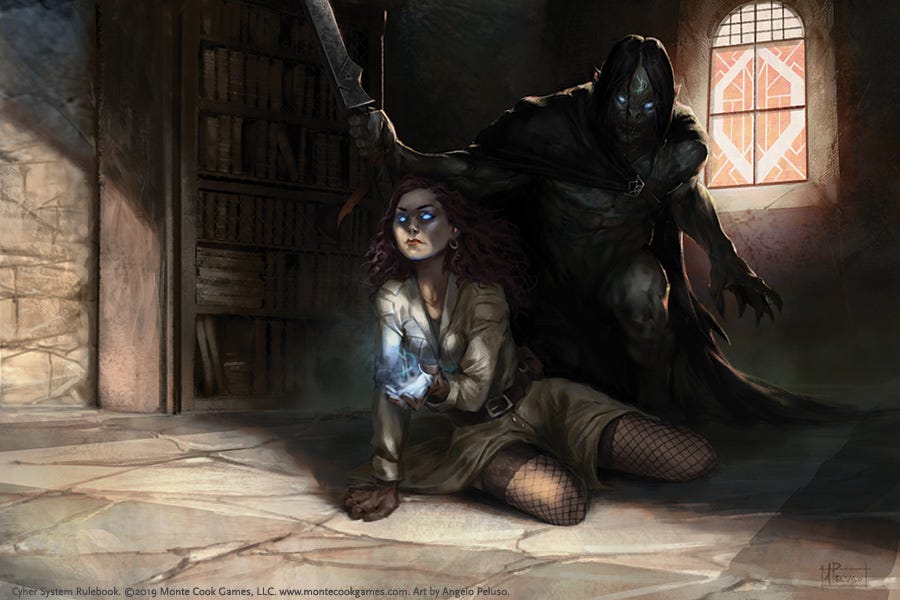Ruin Explorer
Legend
I mean, there's kind of a paucity of "generic playbooks", looking at the consolidated playbooks. That's my issue looking at those.It's generic playbooks seemed to lend it to whatever you wanted to shape it in supernatural episodic TV sphere.
My understanding is that it was meant to be Supernatural, specifically, originally, but is frequently stated to encompass Buffy/Angel (and from S5 of Supernatural onwards, the difference between Supernatural and Angel/Buffy is not huge), and like, if you don't even have a Buffy/Slayer-type class (not exactly an uncommon trope in this kind of fantasy), but are having 5-6 different but overlapping spellcasters and 3 different detectives and 3 different holy warriors, and bunch of near-one-off-character playbooks (most of which are also covered by The Monstrous) that seems like, extremely weird to me.








